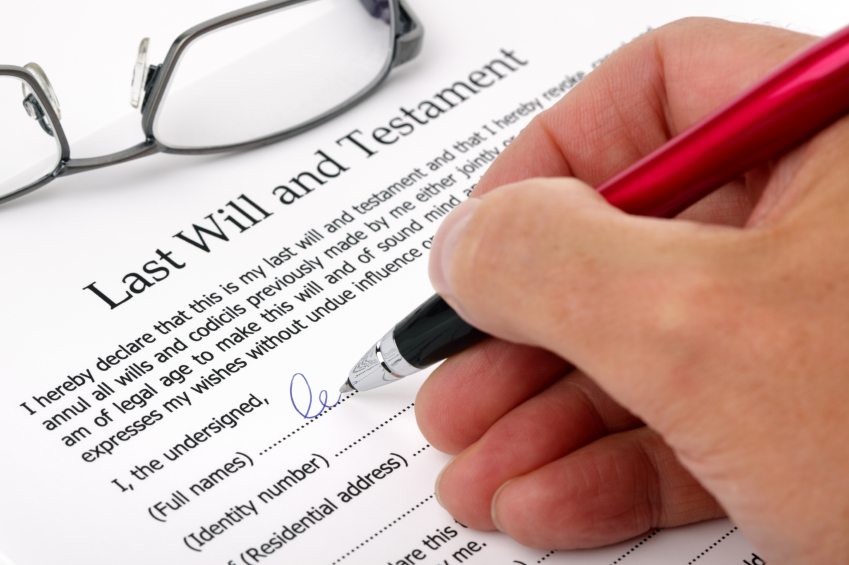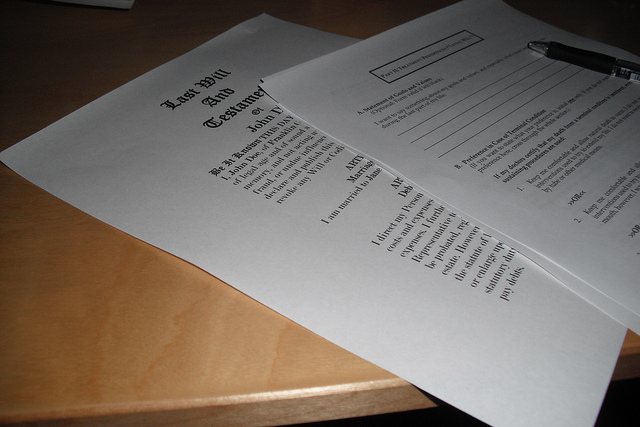
Whether you’ve inherited a property automatically as part of a joint tenancy, or have had it passed down to you by a deceased relative in a Will, you’ll know that taking control of someone else’s home can be a testing time.
A property will often be the highest value asset in an estate, and it is relatively common for people to receive a property that still has a mortgage payable on it. This can often happen when older homeowners re-mortgage their home in later years in order to supplement their pension and pay for living costs.
Here’s what you need to know if you’ve inherited a house with a mortgage:
It’s your responsibility
During probate, if you’re named in the Will as the inheritor of a property you, unless specifically stated, will take on responsibility for the asset. More...

There are some common misconceptions that arise when someone you love dies intestate. When someone dies without a will it can be tough to know what’s right and what’s wrong.
Probate specialist at Howells Hayley Rees busts some of the commonest myths.
1. All of my assets will go to my spouse/civil partner
It’s a common misconception that if you die without having a valid will your husband/wife/civil partner will inherit all of your estate.
If you are married or in a civil partnership and have children, your spouse will inherit the first £250,000 of your estate and the remainder will pass to your children. Initially, this would be divided into two halves, one going to your children when they reached the age of 18 and the other half being left as a ‘life interest’ fund for your spouse. More...

Contested wills are on the rise. According to the Independent, the number of challenges to Wills and trusted estates that have reached London’s High Court have increased by 300% in the last five years.
As a result of the rise of divorces and remarriages, which are creating increasingly complex family arrangements, and increasing amounts of high-value assets, it’s becoming more and more common for relatives to challenge the Will created by their recently-deceased loved one.
Needless to say, contested Wills can provoke a great source of tension between families.
So how can I prevent my will being contested?
Unfortunately, there’s no cast-iron way to ensure that your Will does not result in tension between those you leave behind. The Inheritance (Provision for Family and Dependants) Act 1975 gives Courts plenty of scope to change them if challenged legally. More...

A will is how you specify what you want to happen to your assets after your death. It is therefore very important to review and update your will to make sure that it remains relevant to your circumstances, so that it properly and fully records your wishes and that it is suitable for your financial situation and family composition – both of which are likely to change over time.
Why you should keep your will up to date
Regularly updating your will ensures that there is a record of your decision-making as to what you want to happen to your assets when you’re gone. It could protect your intended beneficiaries if someone wants to challenge your will and make a claim on your estate.
A will prepared many years ago may be valid, but significant periods of time often incur significant life changes. That could mean that someone important may be excluded from receiving assets from your estate.
That may not be the case, but it would be clear to show that you chose not to do so by you having an up to date will.
More...
